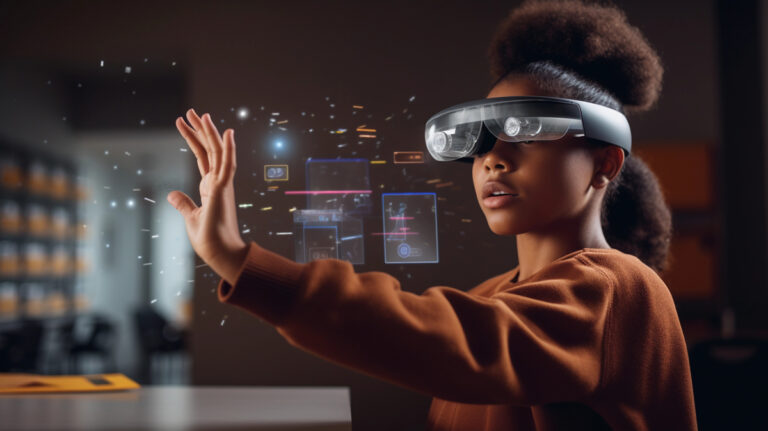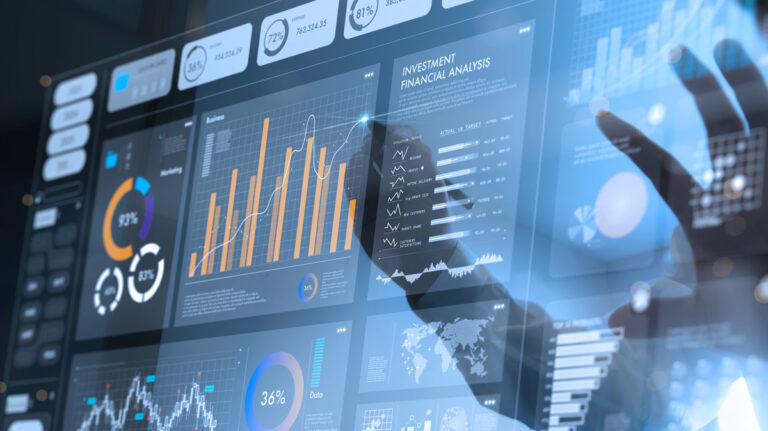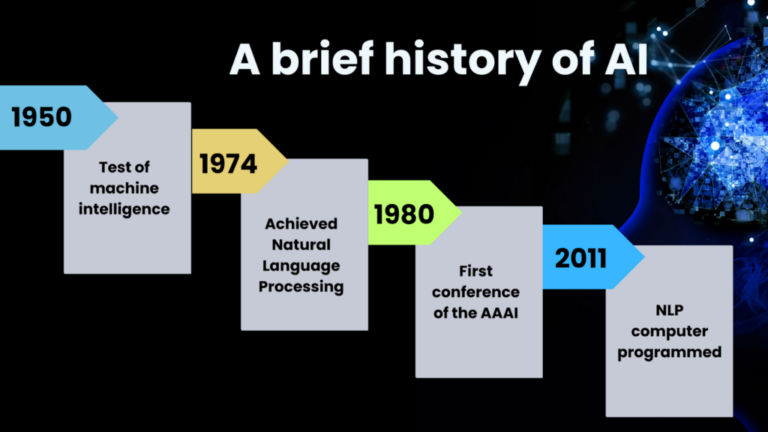Smart Marketing: How AI is Transforming the Industry


We’re all familiar with SPAM emails and pop-up ads trying to sell you products and services that are often of no interest to you. But perhaps you’ve noticed that more recently, those ads are a bit less obnoxious because they’re more relevant. You might have even clicked through for more information. That, my friends, is the power of AI.
Artificial intelligence is often considered scary or intrusive, but it can also optimize processes and procedures across industries, including marketing.
According to the American Marketing Association, marketing is “the activity, set of institutions, and processes for creating, communicating, delivering, and exchanging offerings that have value for customers, clients, partners, and society.”
By leveraging AI, marketing professionals can offer more value for their businesses and customers by providing relevant information to key audiences.
That’s great. But how exactly is it being used?
“From brainstorming first draft social media copy to making email newsletters more efficient, to suggesting pay-per-click ad copy, generative AI can support marketers in any field,” said University of Florida Adjunct Instructor Dr. Dustin York. “AI is making the job of marketers more efficient and scalable while making the experience for customers more personalized and convenient.”
Still trying to wrap your brain around it all? Here are just a few examples:
- Personalization: AI analyzes customer behaviors and preferences to create a more personalized experience, whether it’s through email, web content, or product recommendations, among others.
- Audience segmentation: AI can segment audiences based on factors such as demographics, behaviors, and purchase history so that marketers can tailor their messaging for each group.
- Chatbots: AI-powered virtual assistants provide real-time customer support, lead generation, and engagement, leading to highly satisfied customers likelier to be loyal to a brand or service.
- Campaign optimization: From A/B testing to audience targeting to bidding for digital ad space, AI analyzes large amounts of real time data to improve campaign results.
- Predictive analytics: AI helps to forecast future trends, audience behaviors, and market demands. This information aids marketers as they make decisions about their products, campaigns, and budgets.
“AI can be found in every level of the marketing funnel,” said Greg Otte, president of Benedict Advertising and Marketing. “From a creative standpoint, it can help with ideation. It provides insights that we can use to optimize our campaigns. And it helps us streamline processes. It’s amazing how much information is now at your fingertips—and that’s AI.”
By leveraging the power of AI, agencies like Benedict Advertising and Marketing can make data-driven decisions, automate repetitive tasks, and create more effective campaigns, leading to improved customer experience and business outcomes.
So, will AI one day take the place of marketing professionals? Otte doesn’t think so.
“Embracing all that AI has to offer makes us better marketers. It is built into many of the tools we already use, so it’s already there. But it’s still up to the agency, the account team, and the strategists, to put it to work for the clients. We still need the people; it’s just helping them to do their job better.”
Dr. York agrees.
“AI won’t take a marketing job in the near future, but a marketer who knows how to use AI will indeed take the job of a marketer who doesn’t understand AI. Microsoft Office skills were your technology superpower a generation ago, and today it’s AI. Some thought the internet would kill jobs, and it ended up creating millions of jobs – what will AI do?”











